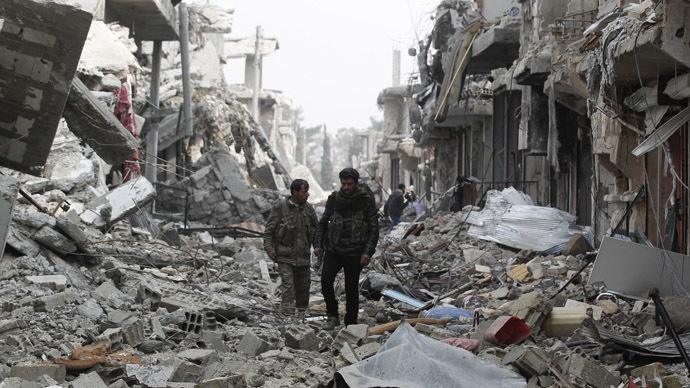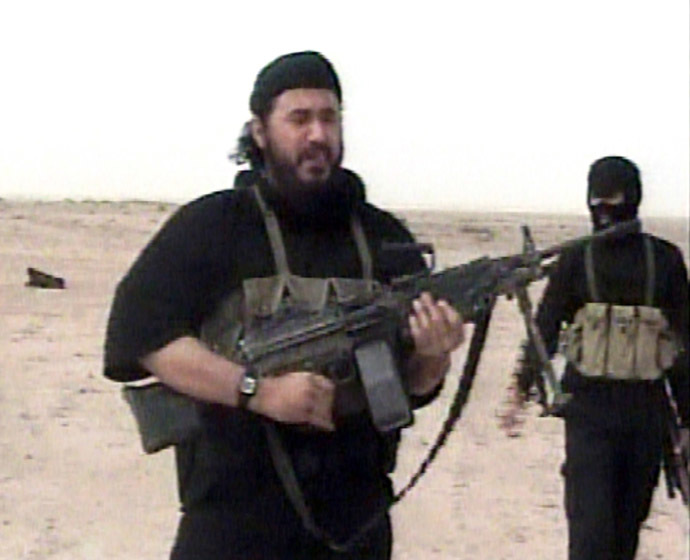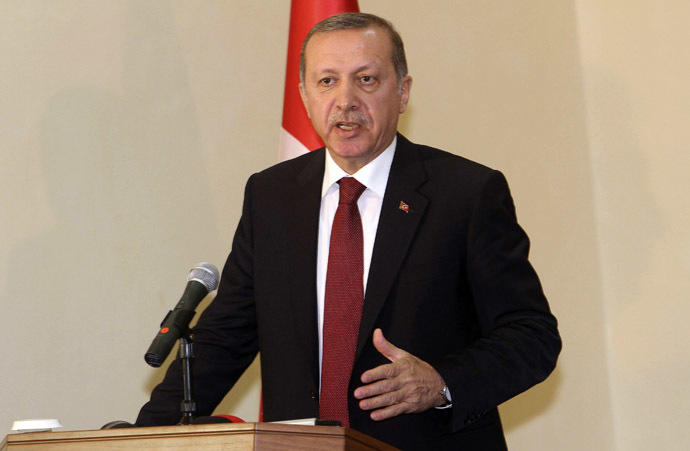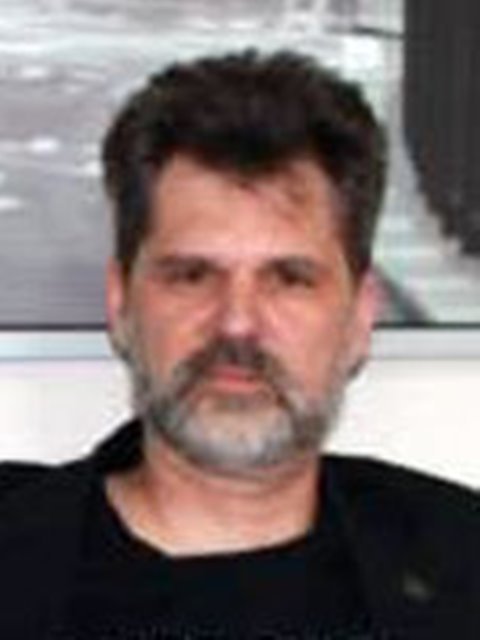134-day Islamic State siege of Kobani lifted

The apparently unstoppable progress of the IS terrorist group now seems to have come to an end on the Syrian-Turkish border. Kurdish fighters, opposition forces and coalition air strikes have thwarted the Caliph's designs on the town of Kobani.
When the terrorist group then known as ISIS (or ISIL) emerged on the scene last year nobody appeared to know where they'd come from or who they were. But they nevertheless quickly managed to capture global attention by means of occupying large swathes of Syria and Iraq, including Mosul, Iraq's second largest city, before making things personal with a veiled executioner nicknamed Jihadi John beheading Americans apparently live on camera. And adding insult to injury, he even had the gall to address Barrack Obama and David Cameron directly, thus throwing down the proverbial gauntlet taunting the West. The terror group became the Islamic State (IS) headed by a self-proclaimed Caliph.
From AQI to IS
The terrorist outfit originally headed by Abu Musab al-Zarqawi (killed by the Americans in 2006) and originally known as al-Qaeda in Iraq (AQI) was now really back with a bang. Led by Abu Bakr al-Baghdadi, who had previously enjoyed the hospitality of the American prison system in Iraq enabling him to establish invaluable connections and networks, the group morphed into ISIS eventually becoming the IS. As Caliph Ibrahim, he assumed global pretensions and started dissolving the Sykes-Picot map of the Middle East, effectively dismembering Iraq turning the country into three separate units - with a Kurdish zone in the north and a Shia south both straddling a Sunni area occupied by the IS.

But Baghdadi's gang had first come to prominence in Syria, where the violent uprising against Assad had morphed into a free-for-all Jihadi lovefest, with numerous and variously-named Islamist outfits competing for supremacy. At the same time, the Kurds in northern Syria had by 2012 quietly but effectively established their own autonomous enclave that received the name Rojava or the West or sunset in Kurdish, as it corresponds to the westernmost regions occupied by Kurds spread out across Syria, Turkey, Iraq, and Iran. Consisting of the three autonomous cantons of Kobani, Afrin, and Cizire and controlled by the PYD (or the Kurdish Democratic Union Party), an organization that is "ideologically affiliated" to Turkey's PKK (or the Kurdish Workers' Party), the Kurds steadfastly went their own way. The PYD/PKK leadership of Rojava arguably set out to put into practice precepts and ideas of "libertarian municipalism" developed by the libertarian socialist thinker Murray Bookchin (1921-2006) in an attempt to create a society based on liberty, equality and true democracy -- an "ideology, a world view, a vision" that unites the Kurds in opposition to either autocratic or Islamist reaction, as expressed by the Kurdish activist and Ph.D. student Dilar Dirik.
Islam vs. Libertarian Municipalism
As a result, Caliph Ibrahim, in an attempt to consolidate his oil-rich territories and take a clear stand against the Kurds' supposedly anti-Islamic tendencies, decided to return to Syria next and begin besieging of the city of Ayn al-Arab, better known these days as Kobani. The city is located strategically on the Syrian-Turkish border in lands inhabited by a plethora of different ethnicities but also a majority of Kurds. The Turkish state reacted immediately and its armed forces took up positions facing the beleaguered city and commenced playing a waiting game. As IS fighters poured into the area, reports that Kobani was about to fall started appearing regularly. Particularly, as the Turkish authorities across the border appeared to lend the Caliph some passive support, a form of assistance that stopped any Kurdish individual or faction willing to travel into Syria to lend the defenders some support. But eventually, international pressure and Kurdish persuasiveness convinced Turkey to allow Peshmerga troops from the KRG (or Kurdistan Regional Government) in Northern Iraq to traverse the border and travel through Turkish territory towards the besieged city. All the while, apparently uncoordinated "US-led military coalition" air support led by Presidents Obama, Hollande and PM Cameron has pounded IS positions with more than 1,700 bombs. While, an apparently unwilling yet hospitable Turkey allowed a total of about 200,000 Kurdish refugees into the country, still remaining averse to military intervention and ordering its troops to continue their apparently rather pointless and even provocative waiting game.
In spite of Turkish unwillingness to countenance outright Kurdish success in north-eastern Syria and their apparently quite cozy relations between the government led by the Justice and Development Party (or AKP) and some Islamist factions fighting in Syria, the Kurds of Kobani continued their resistance for many months. And finally, after 134 days, or more than 19 weeks, on January 26, a "coalition of Kurdish and Syrian opposition forces claimed full control of Kobani,” liberating the town from the clutches of the Caliph and his bearded beheaders, as described by the journalists Constanze Letsch and Fazel Hawramy.
Asya Abdullah, co-chair of the PYD, declared proudly that: "After the conclusion of the military campaign in Kobani today, 26 January 2015 the entire city is now free of [the IS], and the YPG [the Syrian Kurdish force affiliated with the PYD] continues their military operation against [IS] militants in the surrounding villages.”And now things will apparently get really complicated and some Turks are already getting their knickers in a twist. Letsch, for instance, tweeted the other day that Recep Tayyip Erdogan (aka the ‘Prez’) had said that: "we will not accept a #Kurdish government in Northern #Syria.” A phrase smacking of typical Turkish nationalist sentiments harking back to the darkest days of the Kemalist era when “Kurds” were classified as “mountain Turks” and the speaking of any Kurdish dialect was strictly prohibited within the borders of the Republic of Turkey. But, "meanwhile Kurds in Iraqi Kurdistan, Syria and Turkey were celebrating the victory,” as voiced by Letsch and Hawramy.
In fact, over the past weeks and months, many government as well as opposition politicians have been denouncing any kind of Kurdish aspiration. Just the other day,Devlet Bahceli, the leader of the outright fascist Nationalist Movement Party (or, MHP) stated that "there are only terrorists in Kobani,” equating the YPG (as well as the female YPJ) militants with bearded and finger-wielding IS fighters. The ‘Prez’ himself, who had been on a much-publicized Africa trip over the past days, has spent some choice words on the topic of the Kurds' success just across the Syrian-Turkish border: "we don't want another Iraq on our hands. What is this? Northern Iraq [obviously referring to the KRG]. And now Northern Syria! It is impossible for us to accept this. I know the weight on Turkey's shoulders is great, but we must defend our stance on this matter. Otherwise there will be a Northern Syria following Northern Iraq . . . These formations will lead to great trouble in the future".
It's a gas, gas, gas!!
In this way, Tayyip Erdogan really appears to be crying over spilt milk. His government allowed Peshmerga from the hydrocarbon-rich KRG to travel through Turkey so as to militarily aid and support Kurds fighting in the equally hydrocarbon-rich enclave of Rojava. Partly as a means of appeasing Kurdish sentiment at home, the ‘Prez’ has not shied away from developing strong and lucrative ties with the KRG's Barzani and thus secured the construction of yet another addition to Pipelineistan. In a way, one could argue that Turkey's post-Kemalist future as "Anatolian federation ofMuslim ethnicities," hinges on the KRG and its leadership's goodwill. After all, the PKK have been stationed in the KRG's mountainous terrain now for years, arguably posing a security risk to Turkey. Massoud Barzani's indications that a referendum on Kurdish independence will be realized at some stage, has caused considerable anguish in Turkish circles. As a result, an AKP-led Turkey is all but walking a tightrope in relation to Iraq and the KRG. Now that Turkey, apparently and in no small part due to some strong American arms, has actually partially secured the lifting of the siege of Kobani the future remains more than uncertain.

If a quasi-independent Rojava does emerge and if the people of the KRG do decide to secede, what will Turkey do? At the moment, the ‘Prez’ appears very worried indeed. Erdogan told the public that the Assad "regime is bombing Aleppo. There are 1.2 million people there, history, culture, civilization there; and there is great destruction. I hope the Americans will reconsider their views and the right path will be found . . . 'Why aren't you attending to Aleppo?' They are not paying any attention to Aleppo. I told Mr. Obama, 'Why is Kobani so strategic for you?' He said, 'If the IS come out victorious they will say, 'we defeated the coalition forces’.” In this way, it seems that neither leader is really telling the truth and paying lip service to the current buzzword that is humanitarian concern, while also appearing at pains to hold on to their credibility. The Dutch historian and archaeologist-with-an-opinion Dr. Jan Best de Vries summarized the whole issue quite succinctly when he writes that the "wars in Syria and Iraq are in reality just being waged for oil and gas.” In fact, as I also wrote in late 2013, that Iran, Iraq and significantly Syria's attempts to add to the structure of Pipelineistan may very well be one of the arguably many reasons why the ‘Prez’ turned against his erstwhile buddy Bashar al-Assad. As a result, it seems obvious that Turkey's energy games conducted via overt as well as covert support for Syria's not-so civil war next door have now reached an impasse.
At the same time, as the YPG/YPJ celebrate their victory over the Caliphal forces, Abu Bakr's cohorts continue to threaten the integrity of Iraq – a land that "swims on a sea of oil,” in then-US Deputy Defense Secretary Paul Wolfowitz's now infamous 2003 words.
Above ground, meanwhile, the current government is trying very hard to reverse the sectarian policies that characterized the Maliki rule (2006-14). As a Shia, Nouri al-Maliki implemented a regime that favored his own to the detriment of the Sunni minority, some of whom joined the IS out of frustration, anger and sheer desperation. Now, his successor Prime Minister Haider al-Abadi aims to strengthen the national army and mobilize Sunni men to fight against the Caliphal army. But in spite of these best of intentions, new recruits in the primarily Sunni province of Anbar, for example, complain that they lack "helmets, body armor, arms, vehicles and the like,” as reported by the news agency Reuters.
As a result, the question that now emerges is whether the Caliph will continue his push towards the city of Baghdad, one-time seat of the Abbasid Caliphate, or if his defeat at the hands of the united Kurds will actually spell his end? But one thing seems certain, namely that, in spite of all of his beheading bluster (having just added Haruna Yukawa to his list) and apparent Muslim righteousness, Abu Bakr al-Baghdadi seems so far to have only served the best interests of the Kurdish cause.
The statements, views and opinions expressed in this column are solely those of the author and do not necessarily represent those of RT.
The statements, views and opinions expressed in this column are solely those of the author and do not necessarily represent those of RT.













